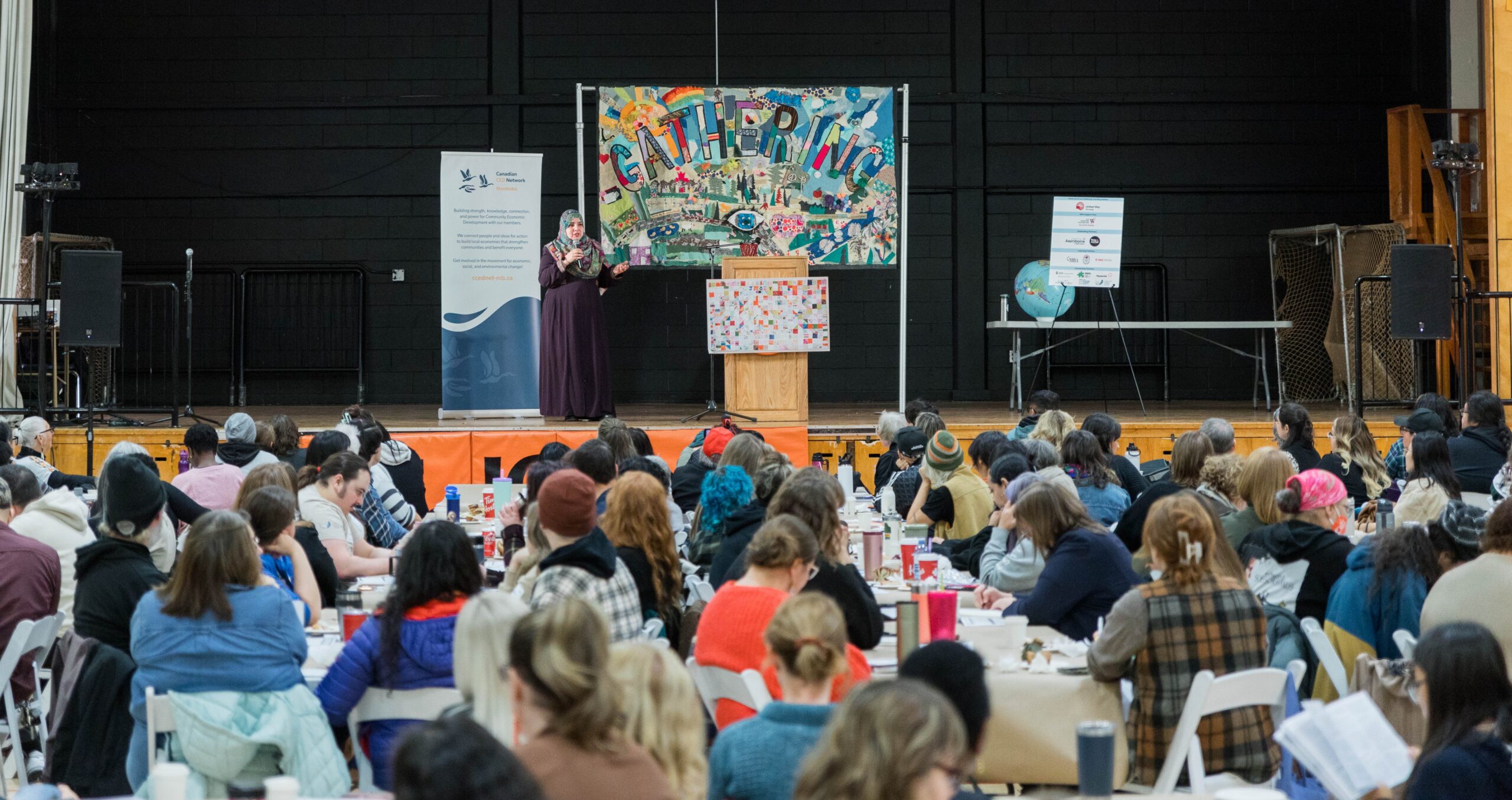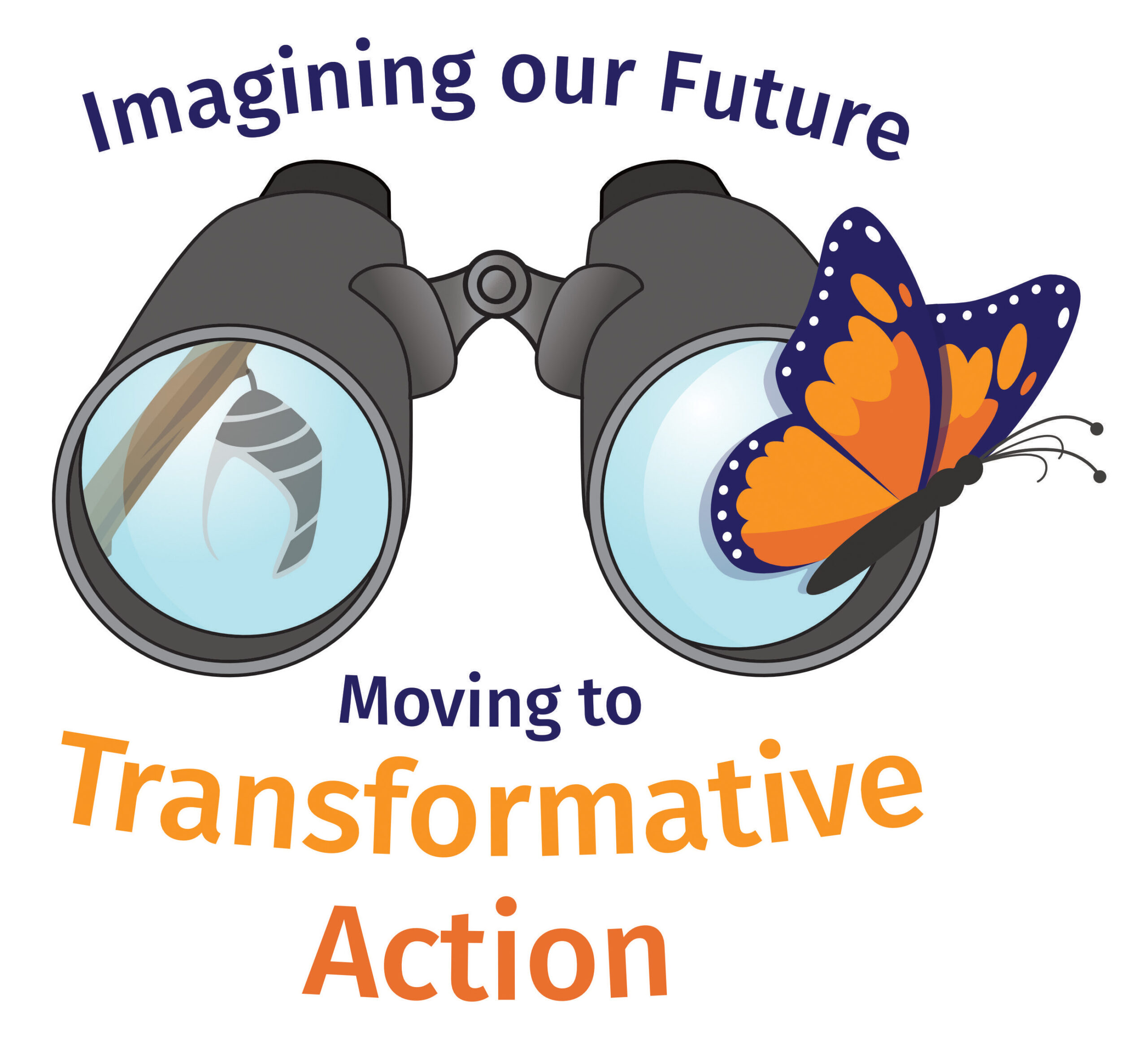New immigration patterns are changing the face of Canada, and the Social Economy must adapt to the shift. Participate in an engaging telelearning session as presenters Stephen Ameyaw and Lindsey McBain explore some of the Community Economic Development (CED) solutions that are working well with immigrants and refugees. Join us to examine the following:
* How can we best share CED’s sound fundamentals?
* Why is Social Enterprise a good fit for newcomers?
* What challenges are faced in applying CED to a newcomer context?
Please join us!
Call Logistics:
* Session Date: Tuesday, October 28th, 2008
* Call begins at 9:00 am PST, 10:00 am MST, 11:00 am CST, 12:00 pm EST, 1:00 pm AST, and 1:30 pm NST
* Call in information will be given upon registration
* Register before October 27 to obtain dial-in information and background papers
* This session is in English
Session Format: 1 Hour
Welcome: 5 minutes
Presentation: 10 minutes from each speaker
Discussion: 35 minutes
Registration: By Email or by Phone
Register by e-mailing with your name, location, and work or volunteer position. We will provide instructions on how to access the telelearning forum. Unfortunately, the session is only open to those residing in Canada. To register by phone call 1-250-472-4976.
Limited number of phone lines for session – Register soon!
Background readings:
* Newcomers and Community Economic Development (CED)
(Presentation – PDF, 17.7 MB)
Stephen Ameyaw
Dr. Stephen Ameyaw (Ph.D, University of Waterloo) brings a wealth of knowledge and experience to the Social Economy. For more than 20 years he has earned a reputation for conducting research in indigenous environments and developing anti-poverty strategies for the urban and rural poor in Africa, Asia and Canada. A development planner by training, Stephen contributes time and initiatives in the poverty alleviation, health and community economic development arenas. He is an active member of the Simon Fraser Univeristy; Ghana’s HIV/AIDS Project’s advisory committee and the Canadian Community Economic Development Network’s (CCEDNet) Policy Council and Immigrant and Refugee Action Network (ICAN). Stephen has been a member of the Centre for the Advancement of Native Development Officers (CANDO) education committee for the past 10 years. He has a varied experience working in: education, course design, research and a member of several standing committees. Stephen’s passion for bringing knowledge and education to those who need them the most has led him to conduct research and implement projects with the Bushman in the Kalahari in Botswana, the Masai in Tanzania, the Inuit and First Nations communities in Canada and several indigenous groups in Russia and market women in Ghana. He has become one of the few experts who understands the dynamics of indigenous knowledge and culture in development thinking and practice. Stephen has taught in several universities including Calgary and Simon Fraser. Recently, he has been teaching at the Nicola Valley Institute of Technology (NVIT), a First Nations institution and has helped dveloped partnership degree programs between Simon Fraser and NVIT. His areas of research experience include: gender and socioeconomic development; sustainable community development; regional/urban planning; and poverty alleviation. Stephen served as co-coordinator of the Ghana country study and was the contributor of several articles to the book “Community Development Around the World” edited by H. Campfens (University of Toronto Press, 1997). He has published many research papers and reports and worked on many donor (including CIDA and IDRC) funded projects in Africa. For leaders, academics, executives and professionals, requiring expert assistance in communtiy-based project management, action research, strategic planning and cross-cultral relations, Stephen Ameyaw brings a wealth of experience.
Lindsey McBain
Lindsey McBain is a graduate of the University of Manitoba and has worked in both local and international development. His work in CED has re-rooted him in his own city, connecting him to people and ideas that bring inspiration and determination to the work of CED. He contends that CED’s emphasis on capacity building and participation offer a solid proposition for the long-term stability of struggling communities.




